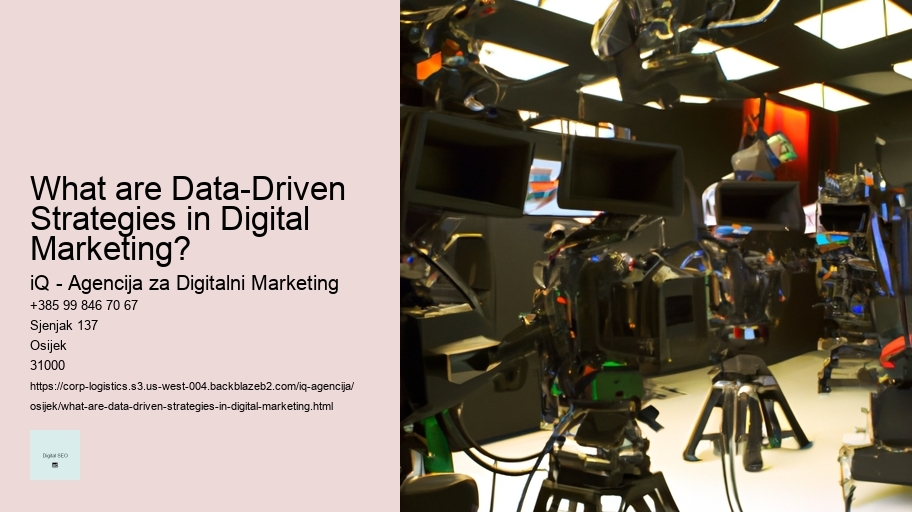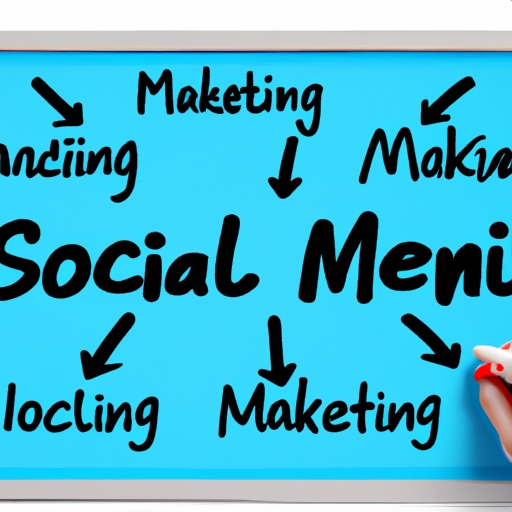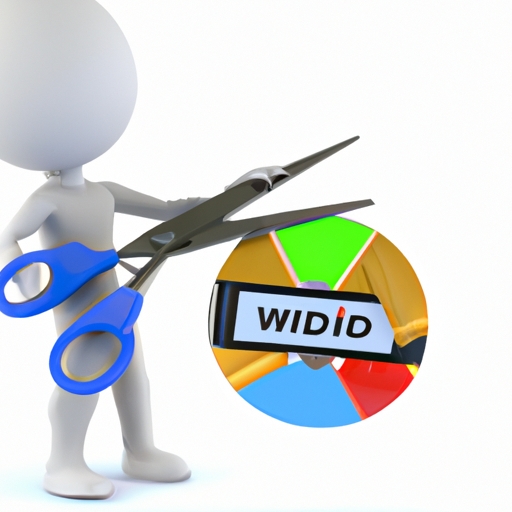Types of Digital Marketing Techniques
Examples of Data-Driven Strategies in Digital Marketing
Data-driven strategies in digital marketing are essential for any business that wants to be successful in their online endeavors. They involve the use of data to make informed decisions and tailor campaigns, ads, and promotions for maximum effectiveness. Using data-driven strategies can help businesses understand their customers better, target specific audiences more effectively, and optimize content for better reach and engagement. (Negation) There is no denying that data-driven strategies can have a positive impact on an organization's digital marketing efforts!
To begin with, gathering customer insights through analytics is one of the key elements of a data-driven strategy. Analytics tools like Google Analytics can provide valuable information about user behavior on websites or apps, enabling marketers to gain insight into what works best with their target audience. With this info at hand, they can refine their approach and create campaigns targeted specifically at those users who are most likely to convert or engage. Additionally, using A/B testing helps optimize campaigns by seeing which versions perform better than others. By leveraging the power of analytics and A/B testing, marketers can ensure that they're delivering content that resonates with their audiences - resulting in higher ROI! (Interjection) Wow!
Moreover, utilizing machine learning algorithms allows organizations to automate parts of the process by predicting user behavior based on past interactions as well as external factors such as weather or time of day. This not only saves time but also provides increased accuracy when compared to manual approaches. Machine learning algorithms enable businesses to scale up quickly since they don't require manual input from people every step of the way - allowing them to focus more time and resources on other aspects of digital marketing like creating compelling content or formulating new strategies.
In conclusion, data-driven strategies are essential for any business aiming to achieve success in digital marketing today. By gathering customer insights through analytics tools such as Google Analytics or A/B testing results; utilizing machine learning algorithms; and optimizing campaigns accordingly, companies will be able to significantly increase their ROI while still delivering highly relevant content tailored specifically for their target audience!















